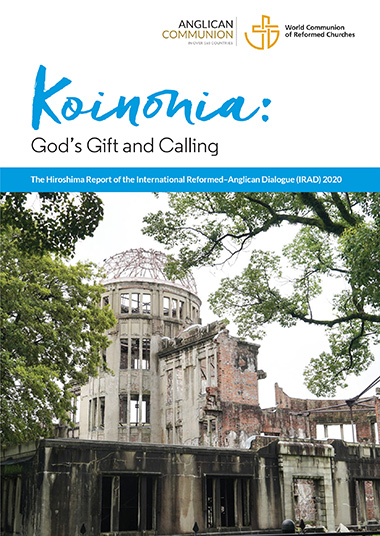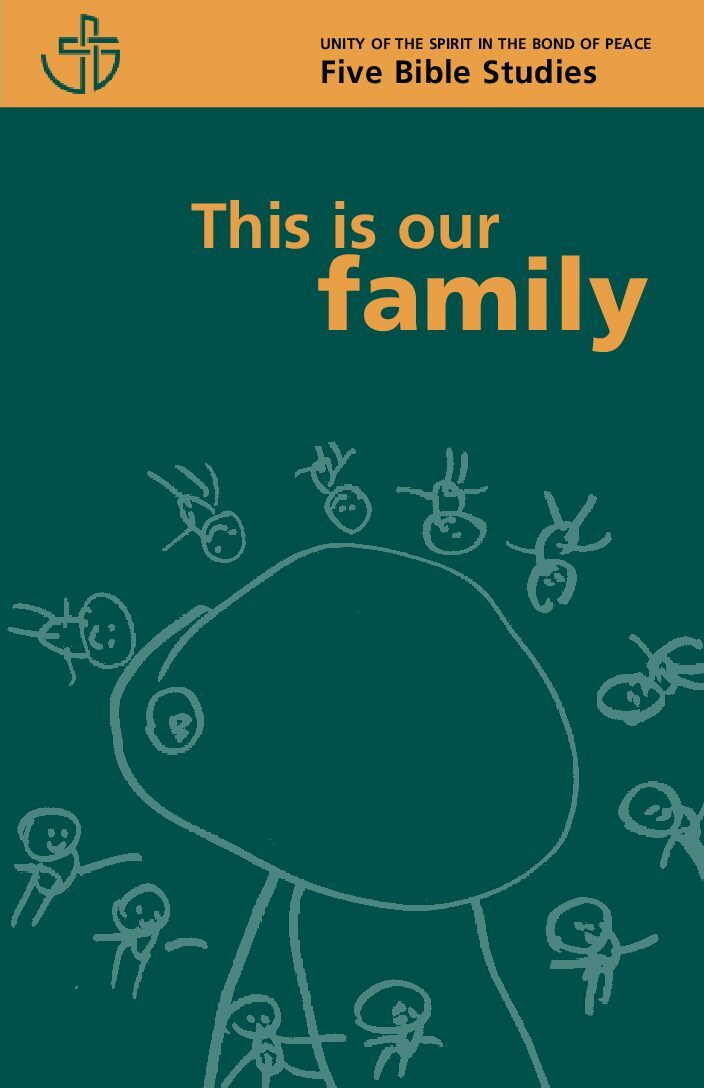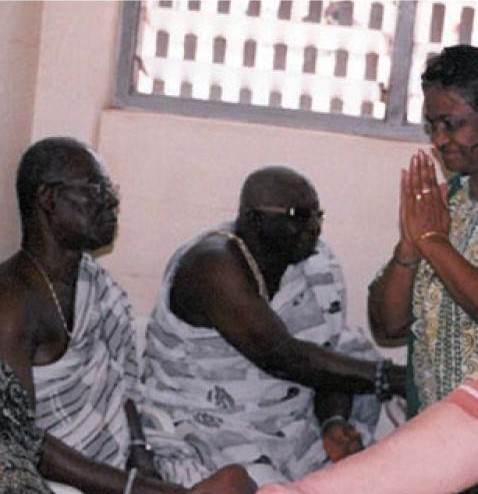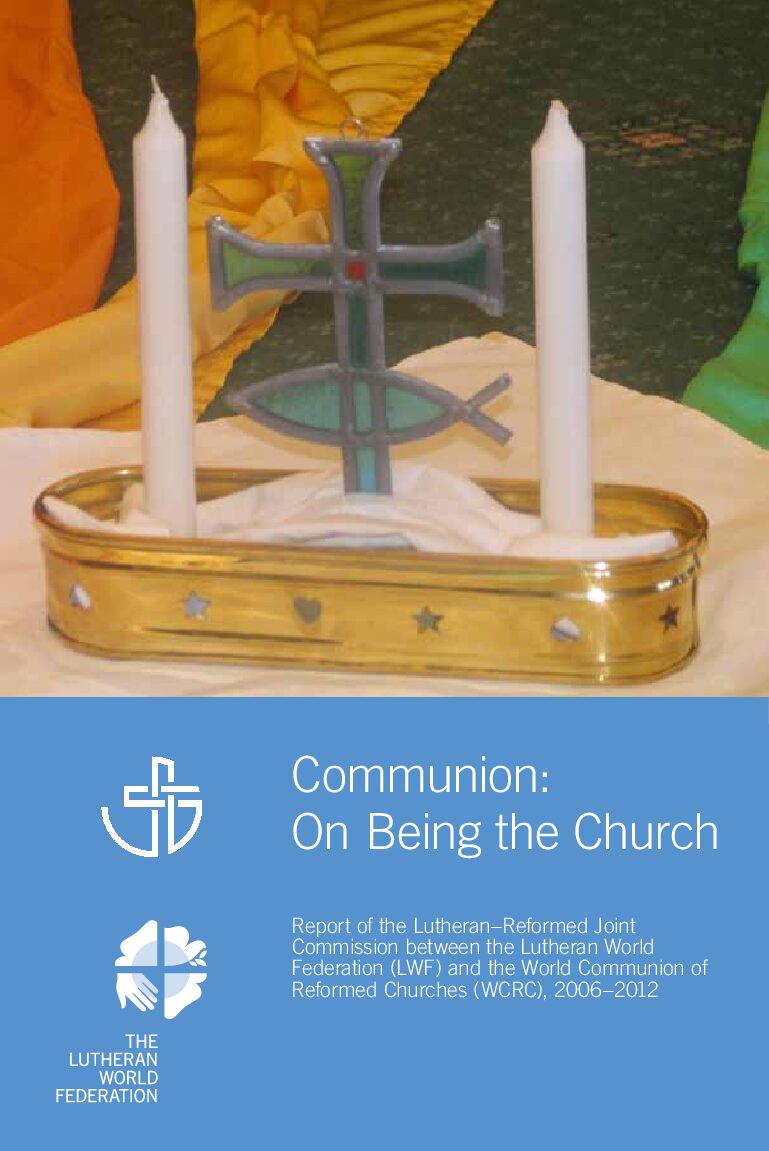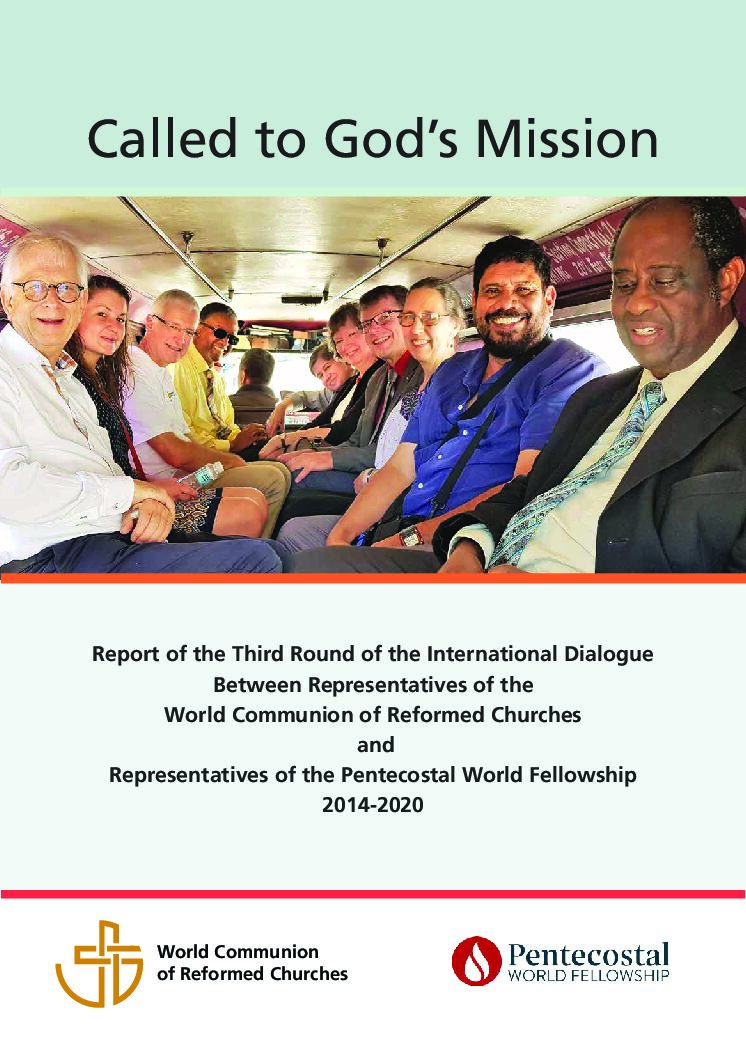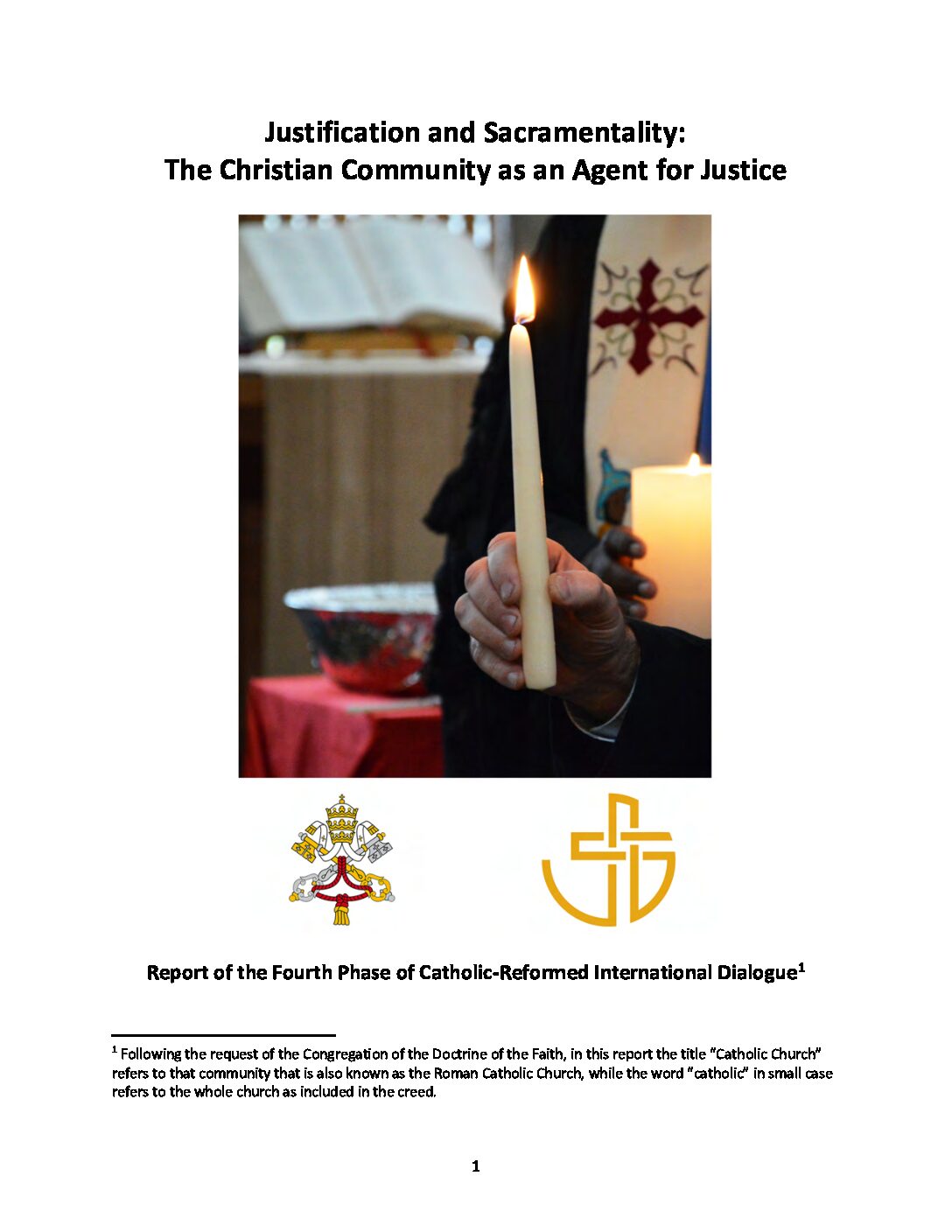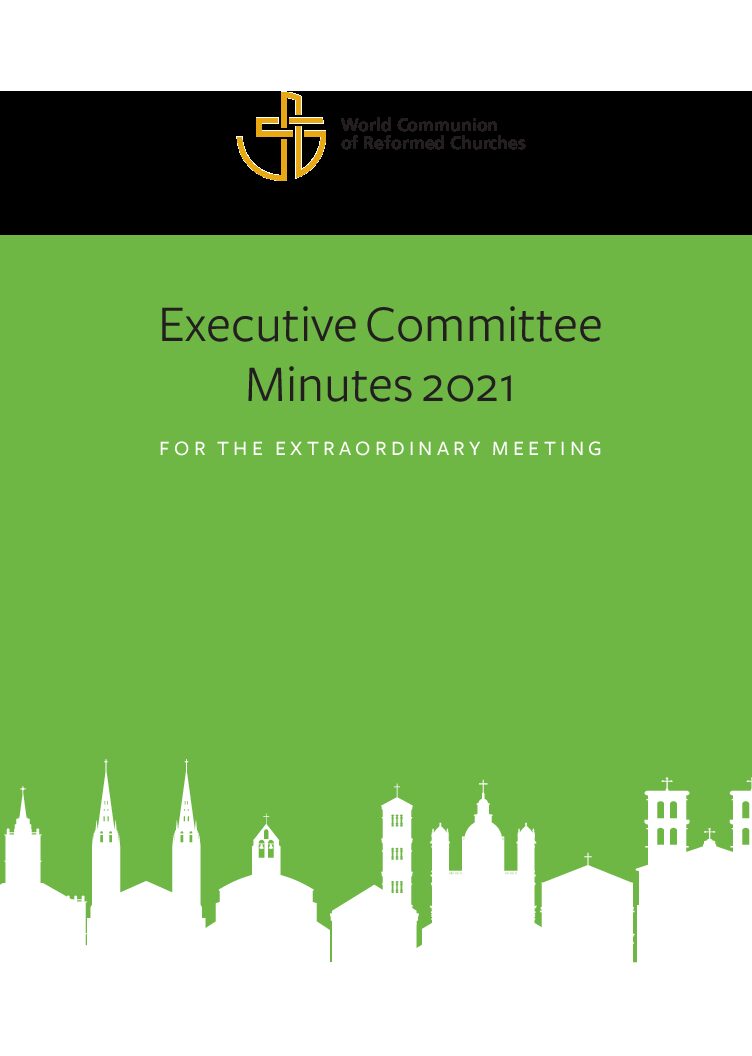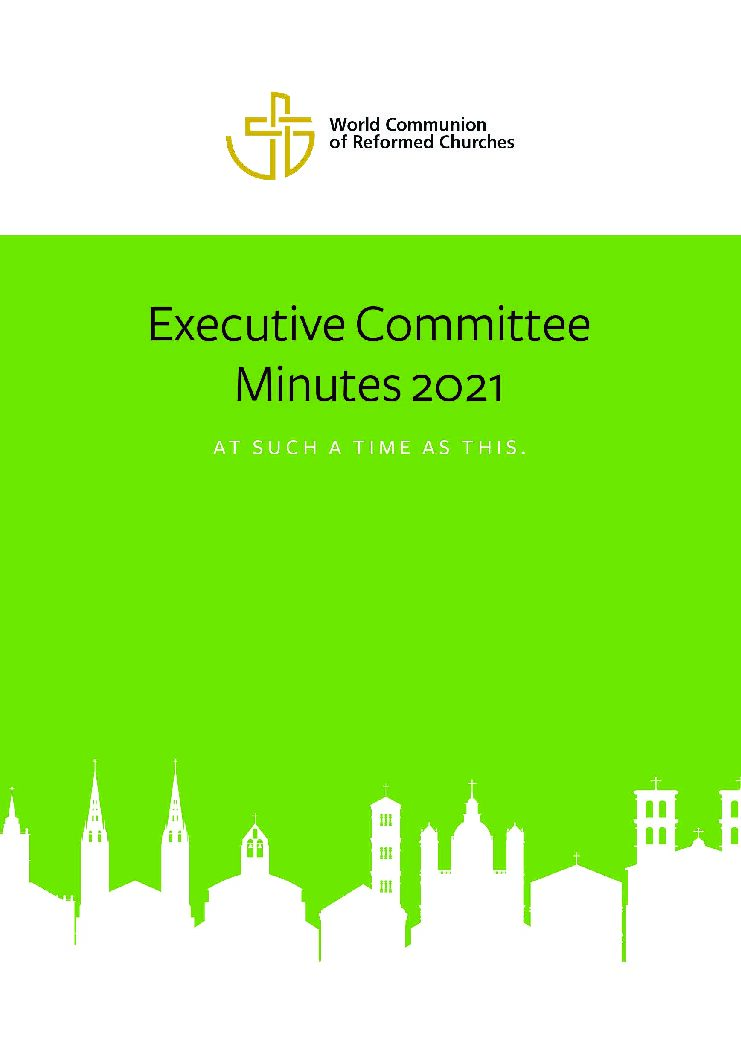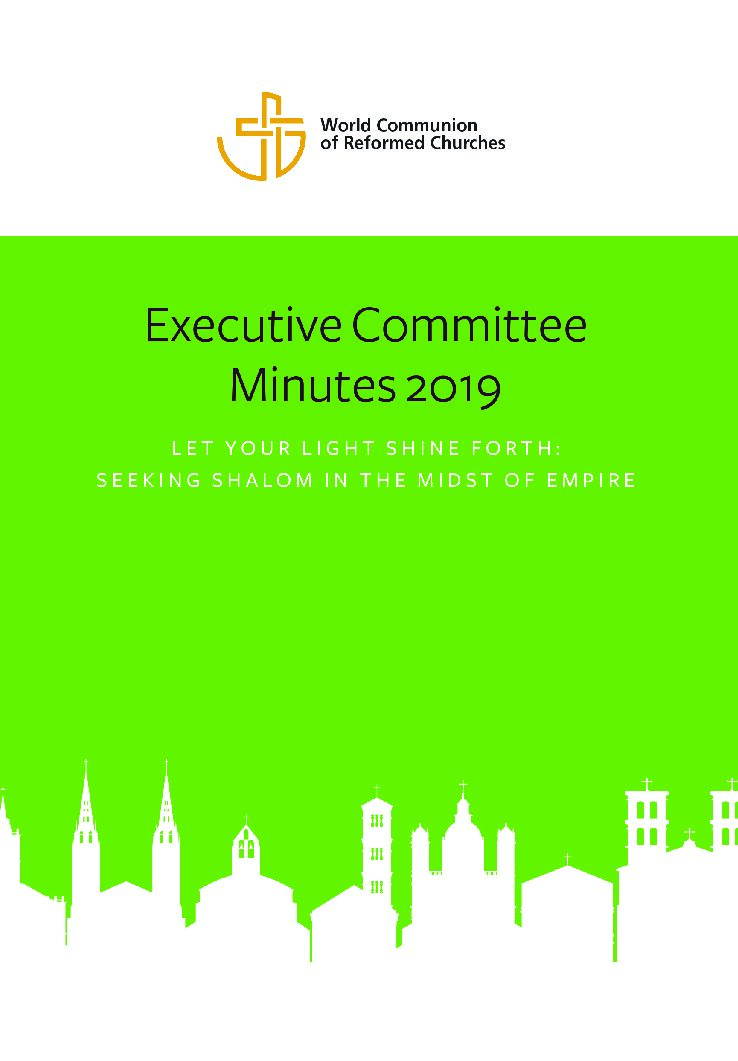DIALOGUES

The WCRC purposefully engages in theological dialogues with other Christian world communions in a space of transformative theology. Recent and current dialogue partners are:
Anglicans Koinonia: God’s Gift and Calling: The Report of the International Reformed–Anglican Dialogue (2020) covers three areas. The first looks at the theological foundations of koinonia, including scriptural and historical understandings. The second examines understandings of ecclesiology in the light of koinonia. The third highlights the role of koinonia in terms of an understanding of mission.
Lutherans Communion: On Being the Church (2014) seeks to draw members into the world of these two church branches. This includes shared experiences and challenges and also points to the direction taken by the joint Lutheran-Reformed commission and its acquisition of fresh expressions of being the church and being in communion. Communion: On Being the Church is helpful as a resource as churches continue to face disunity and other challenges. Church leaders will also find this document useful because of its contextual approach, making it not merely an abstract document but a reflection of a lived reality.
Mennonite World Conference “Seeking a Common Witness: Restoring Our Family to Wholeness” is the title under which the Reformed-Mennonite Dialogue is currently being conducted.
Pentecostals Called to God’s Mission (2014-2020) is a testimony to how Pentecostal and Reformed Christians respond together to God’s mission into which they have been called, exploring together important aspects of the mission of the church today. In exploring God’s missio dei, it asks such questions as: How can we engage in God’s mission authentically? What constitutes mission today? How does mission engage people in our communities? How do we read the signs of our times in a way that helps us respond to God’s call to mission?
Roman Catholics Justification and Sacramentality: The Christian Community as an Agent for Justice (2016) explores the following topics: “Justification: Reformed and Catholic (Historically and Currently),” “Justification and Sacramentality,” “Justification and Sanctification,” and “Justification and Justice.”
Anglicans Koinonia: God’s Gift and Calling: The Report of the International Reformed–Anglican Dialogue (2020) covers three areas. The first looks at the theological foundations of koinonia, including scriptural and historical understandings. The second examines understandings of ecclesiology in the light of koinonia. The third highlights the role of koinonia in terms of an understanding of mission.
- Download Koinonia: God’s Gift and Calling or order from Amazon in United Kingdom, USA, Japan, and Europe (please visit specific country sites).
Lutherans Communion: On Being the Church (2014) seeks to draw members into the world of these two church branches. This includes shared experiences and challenges and also points to the direction taken by the joint Lutheran-Reformed commission and its acquisition of fresh expressions of being the church and being in communion. Communion: On Being the Church is helpful as a resource as churches continue to face disunity and other challenges. Church leaders will also find this document useful because of its contextual approach, making it not merely an abstract document but a reflection of a lived reality.
- Download Communion: On Being the Church
Mennonite World Conference “Seeking a Common Witness: Restoring Our Family to Wholeness” is the title under which the Reformed-Mennonite Dialogue is currently being conducted.
Pentecostals Called to God’s Mission (2014-2020) is a testimony to how Pentecostal and Reformed Christians respond together to God’s mission into which they have been called, exploring together important aspects of the mission of the church today. In exploring God’s missio dei, it asks such questions as: How can we engage in God’s mission authentically? What constitutes mission today? How does mission engage people in our communities? How do we read the signs of our times in a way that helps us respond to God’s call to mission?
- Download Called to God’s Mission
Roman Catholics Justification and Sacramentality: The Christian Community as an Agent for Justice (2016) explores the following topics: “Justification: Reformed and Catholic (Historically and Currently),” “Justification and Sacramentality,” “Justification and Sanctification,” and “Justification and Justice.”
- Download Justification and Sacramentality

